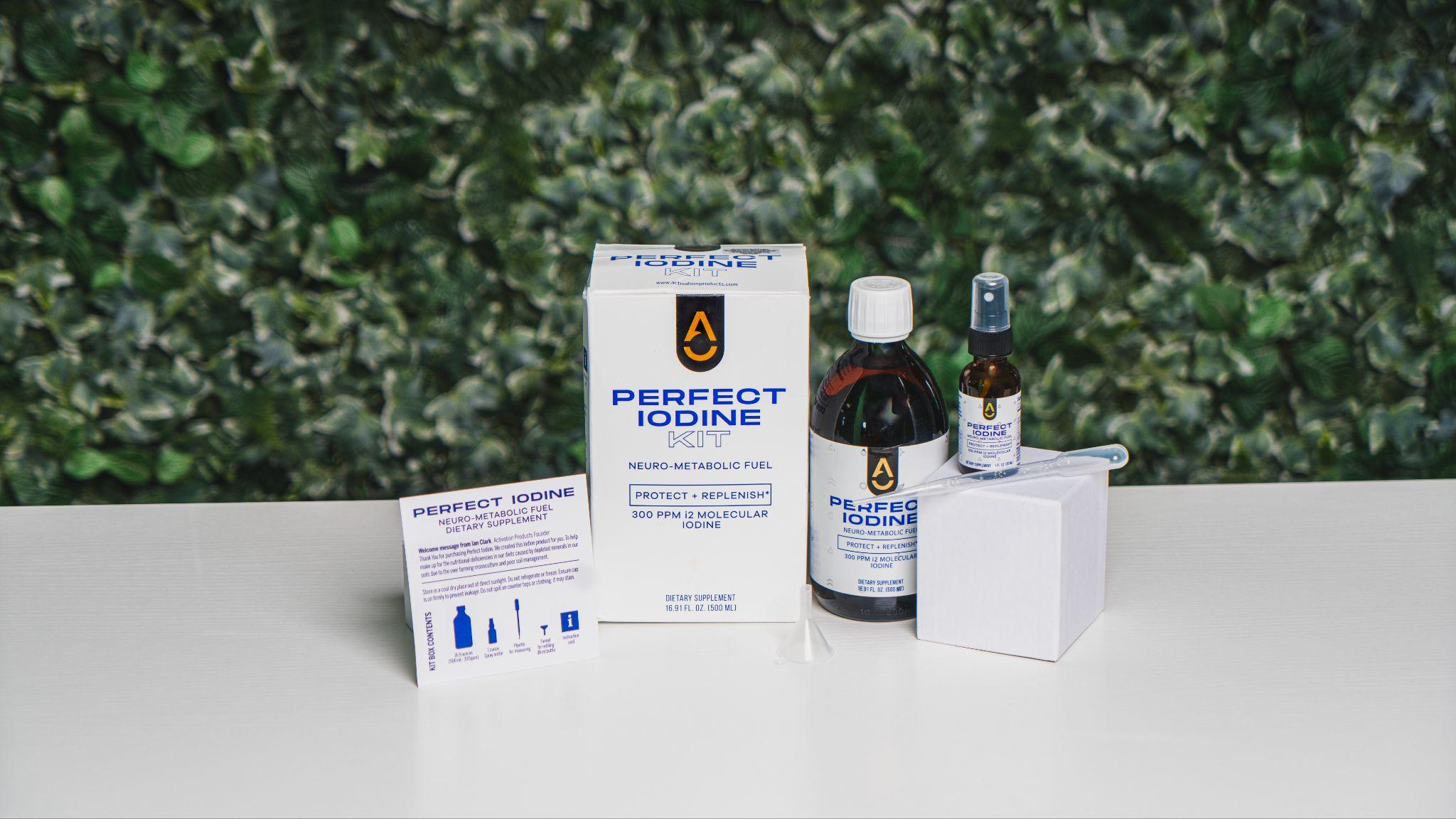
Many vital parts of your body don’t get enough credit for all the work they do to keep you going. One such part is your thyroid. Though tiny, the thyroid plays a mighty role in your health and often goes underappreciated.
For those who don’t know, the thyroid is a butterfly-shaped gland located at the base of the throat. Generally, people don’t pay much attention to their thyroid unless it’s causing a problem. Thyroid stores and produces hormones that affect the function of virtually every organ in our bodies. Thyroid hormone (Triiodothyronine or T3) regulates our metabolic rate and is associated with modest changes in body weight and energy levels. Major targets of thyroid hormone are the skeleton, the heart, and the metabolic machinery of every cell.
Basically, your thyroid helps all of your organs perform well. A problem with your thyroid can really throw things out of balance. When your thyroid isn’t functioning properly, whether it’s underactive or overactive, a wide variety of issues can arise.
According to Health.com, symptoms of thyroid issues may include:
- Exhaustion
- Lower libido
- Difficulty focusing
- Anxiety
- Unpredictable digestion
- Muscle pain
- High blood pressure
- Difficulty regulating temperature
- Weight gain or trouble regulating weight
- Hair loss
- High cholesterol
- Dry skin
- General muscle weakness
Generally, thyroid issues are categorised as thyroid disease, which can actually be broken down into two main subcategories.
Understanding Thyroid Disease
Thyroid issues are generally categorised as thyroid disease, which can be divided into two main subcategories: hypothyroidism and hyperthyroidism.
Hypothyroidism
Hypothyroidism occurs when your thyroid is underactive. This means that your thyroid, according to Synthroid, isn’t making enough thyroxine (your thyroid hormone), causing your system to slow down. The number one cause of hypothyroidism is Hashimoto's disease, an autoimmune disorder that inflames the thyroid and prevents it from producing enough thyroid hormone. Other problems can also lead to hypothyroidism.
Hyperthyroidism
Hyperthyroidism is the opposite of hypothyroidism. In this case, your thyroid is overactive, producing too much thyroid hormone, causing the body to speed up. Common symptoms of hyperthyroidism, according to Healthline, include weight loss, weakness, irregular heartbeat, and difficulty sleeping. The most common cause of hyperthyroidism is Graves' disease, another autoimmune disorder, though other factors can also lead to an overactive thyroid.
How to keep your thyroid healthy
If you’re not currently having thyroid problems, keeping your thyroid healthy to prevent future problems is a great place to start. It’s probably clear to you by now that keeping your thyroid in top shape is extremely important.
Keeping your thyroid healthy can be as easy as making some small dietary changes. At the top of the list is avoiding processed foods, refined sugars and preservatives. Then, incorporating fermented foods, healthy fats and sea vegetables into your diet is recommended.
Aside from food choices, a big part of thyroid health is the balancing act between calcium and magnesium.
According to Dr. Lawrence Wilson in an article featured on Healthful Elements, “The higher the level of hair calcium, in general, the lower the effective activity of the thyroid gland. This occurs because one of the effects of [the thyroid hormones] T3 and T4 is to lower calcium levels in the tissues and at times, in the blood. Once released into the blood, T4 must be absorbed into our cells. For this to occur, the cell membranes must function properly. Problems with cell permeability can be due to accumulation of bio unavailable calcium and magnesium in the cell membranes. This excessively stabilises the cell membranes and reduces cell permeability. Deficient calcium and magnesium cause excessive cell permeability.”
So, as it turns out, magnesium is a key player when it comes to thyroid health.

Magnesium for thyroid health
Magnesium is incredibly important for thyroid health, but just like the thyroid itself, it isn’t always given the credit it deserves.
According to HypothyroidMom, “Magnesium is responsible for converting the inactive T4 thyroid hormone into the active form of T3. This is extremely important because the metabolism of your body cells are enhanced by T3, not inactive T4. Magnesium deficiency is related to goitre, or an enlarged thyroid gland. Another important nutrient in preventing goitre is iodine, but magnesium is right there helping too. Magnesium helps you to make more T4 in the thyroid gland. Without magnesium, many of the thyroid enzymes that make thyroid hormone simply could not function.”
Magnesium supplementation can help with both hypo and hyperthyroidism. Not only that but having adequate magnesium can prevent future thyroid issues.
Magnesium isn’t just good for your thyroid, it has a wide variety of functions in the body. Check out our Magnesium for Stress and Anxiety post to learn all about what this mineral can do for you.
EASE Magnesium is a topical supplement that enters your bloodstream through your skin. Using EASE regularly can restore your magnesium levels and promote calcium absorption, both of which are good for your thyroid.
Within 90 seconds of spraying it on, the benefits of EASE will start sinking in.
Give EASE Magnesium a try and keep your thyroid healthy!







Easy Natural Mouthwash Recipe
Perfect Press® Pets: Health Benefits for Our Furry Friends